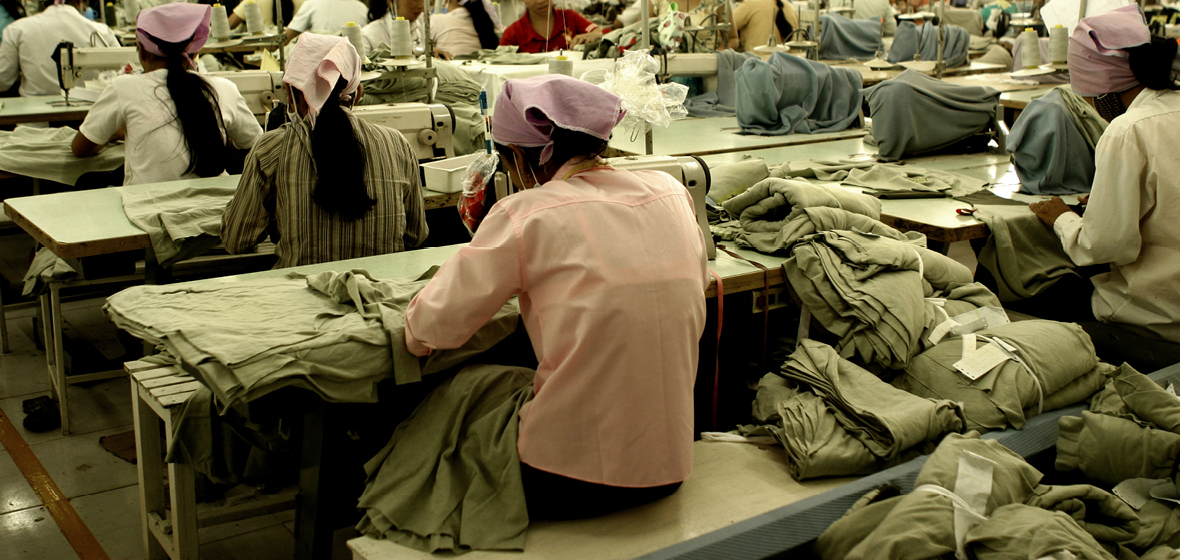Snapshot
- 2020 is the year for Australian businesses to stand up and be accountable in the fight against modern slavery.
- While modern slavery statements under the Commonwealth Modern Slavery Act are not due to be lodged until December 2020, for entities that operate on a July to June financial year, the work to be reported must be completed by 30 June 2020.
- Reporting entities, and those above the $100 million reporting threshold, must get moving if they are to present a credible modern slavery statement by the deadline.
- The fate of the NSW legislation hangs in the balance as we await the imminent release of the Parliamentary Review.
As we welcome 2020, we are reminded that just 12 months ago the Modern Slavery Act 2018 (Cth) (‘MS Act’), entered into force.
The MS Act requires entities based or operating in Australia with an annual consolidated revenue of more than $100 million to assess, address and report on the risks of modern slavery in their supply chains and operations. It is expected that this will help ‘mitigate the risk of modern slavery practices occurring in the supply chains of goods and services in the Australian market’ (Modern Slavery Bill 2018 Explanatory Memorandum at: aph.gov.au/Parliamentary_Business/Bills_Legislation/Bills_Search_Results/Result?bId=r6148).
The guidance to the MS Act notes that modern slavery describes situations where coercion, threats or deception are used to exploit victims and undermine or deprive them of their freedom. Substandard working conditions or underpayment of workers do not meet the definition of modern slavery. However, eight types of serious exploitation meet the definition. These include slavery and the slavery-like practices of servitude, forced labour, forced marriage, debt bondage and deceptive recruiting for labour or services, as well as trafficking in persons and the worst forms of child labour. (The worst forms of child labour means situations where children are subjected to slavery or similar practices or engaged in hazardous work).
The first reporting period for many businesses finishes at the end of June 2020, so the time is ripe to take action to address modern slavery risks in operations and supply chains.
Time to check in on progress
While modern slavery statements are not due to be lodged until December 2020 for Australian entities that operate on a July to June financial year, the work to be reported must be completed by 30 June 2020. Among other things, this means there is just under five months for entities to:
- map supply chains and operations;
- identify and assess areas exposed to risks of modern slavery;
- ensure policies and procedures are in place to address and manage those risks; and
- engage with suppliers.




